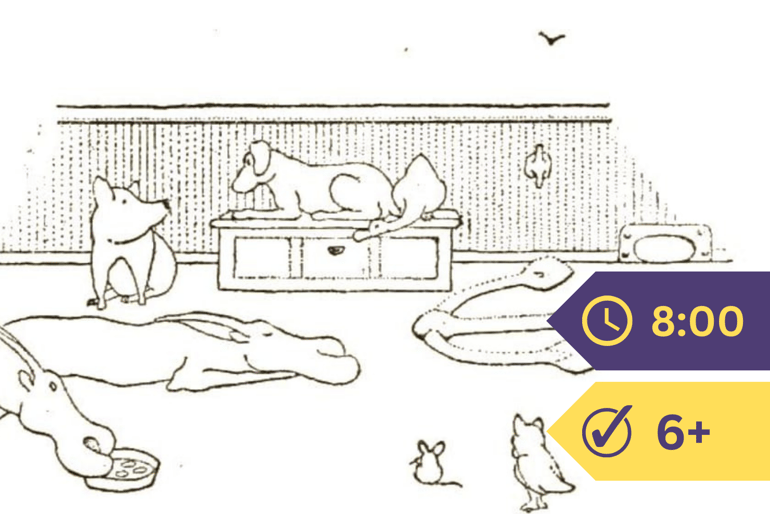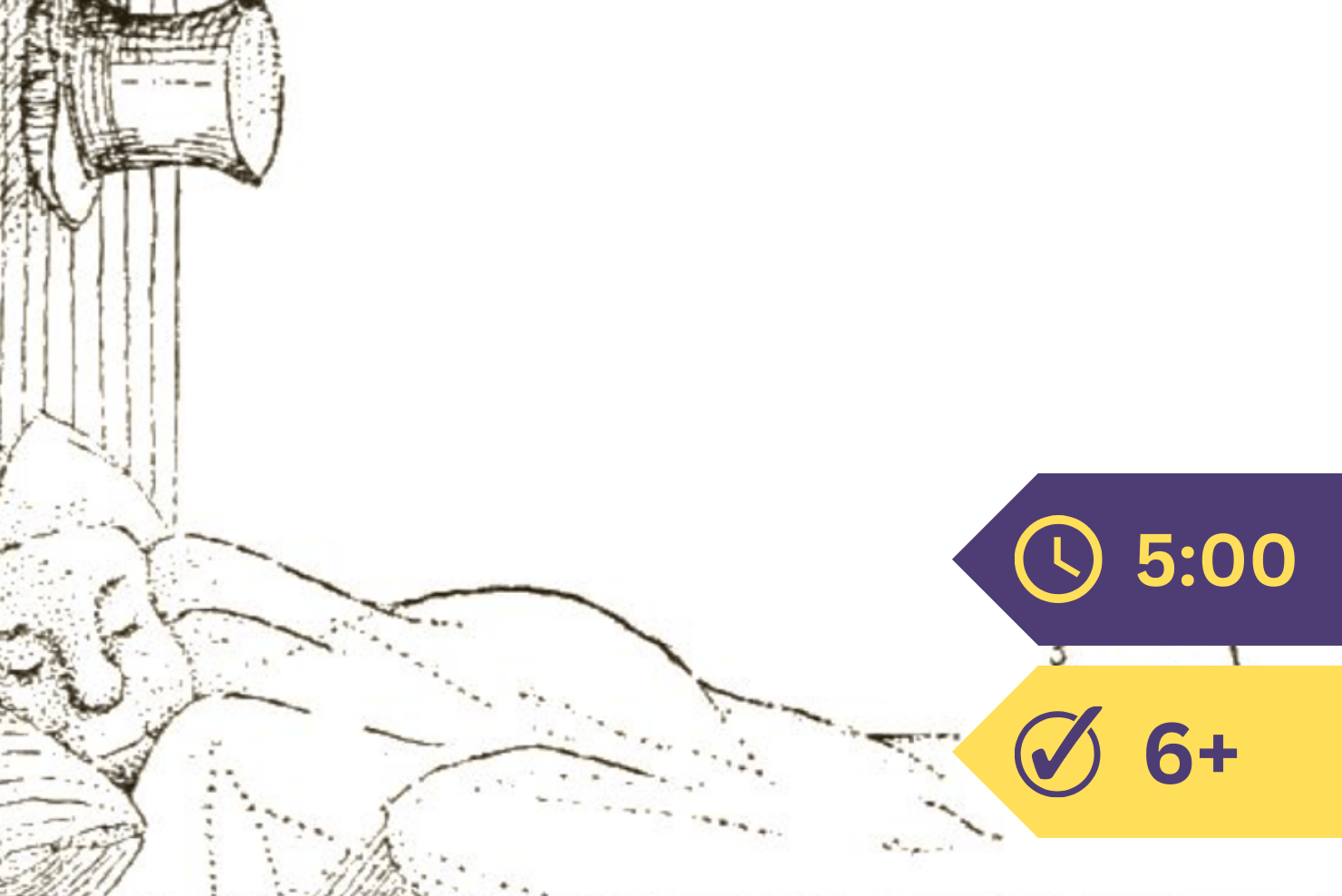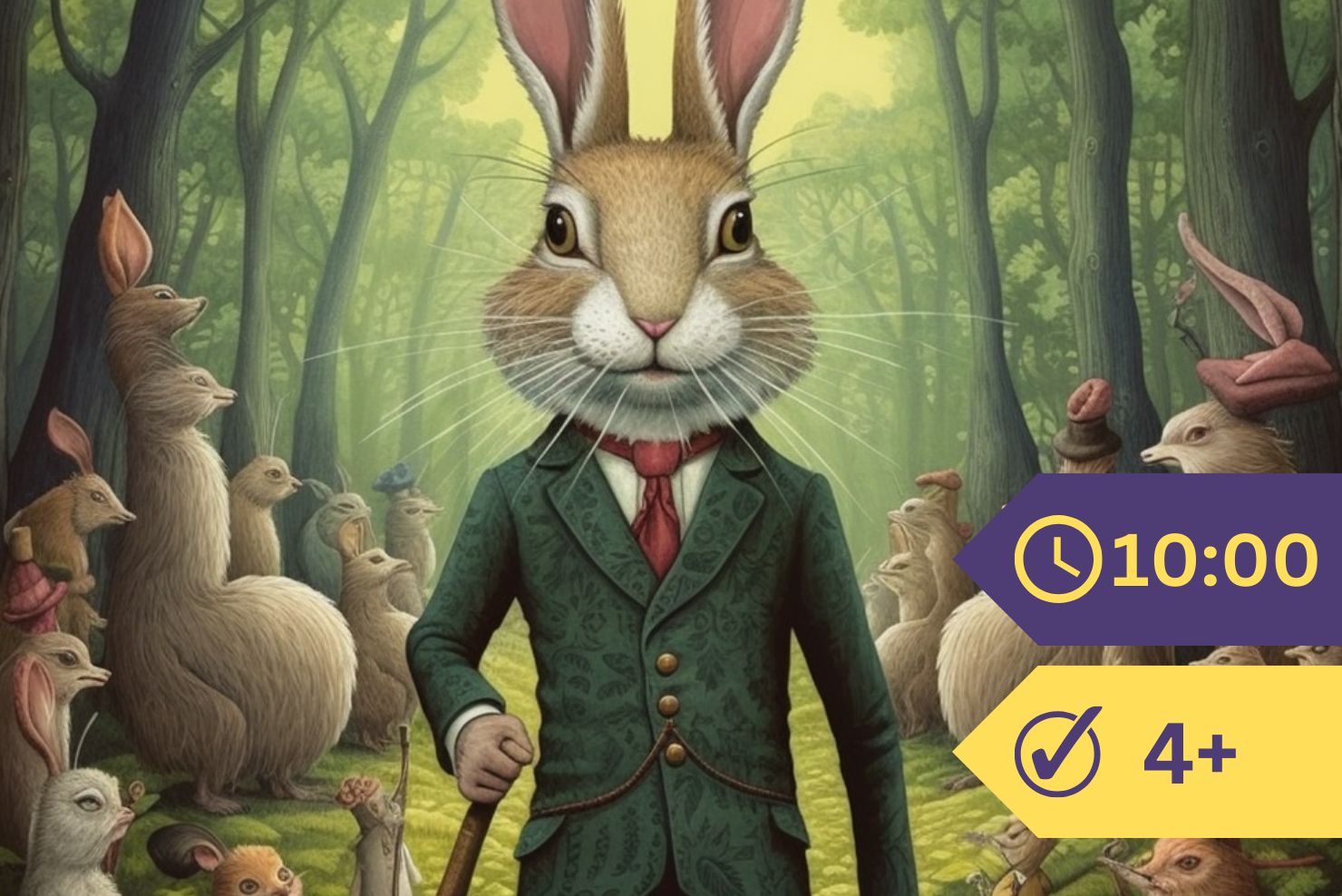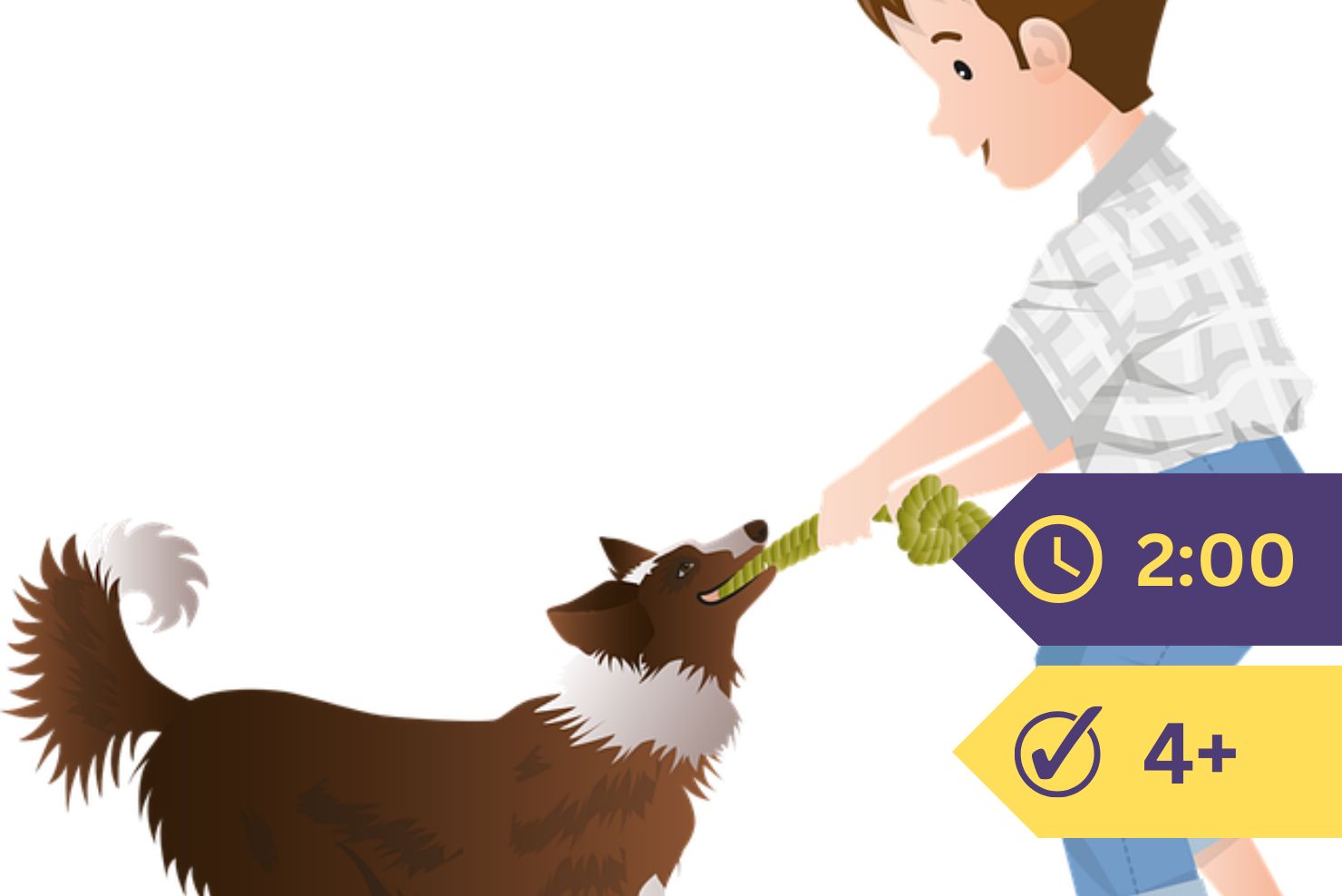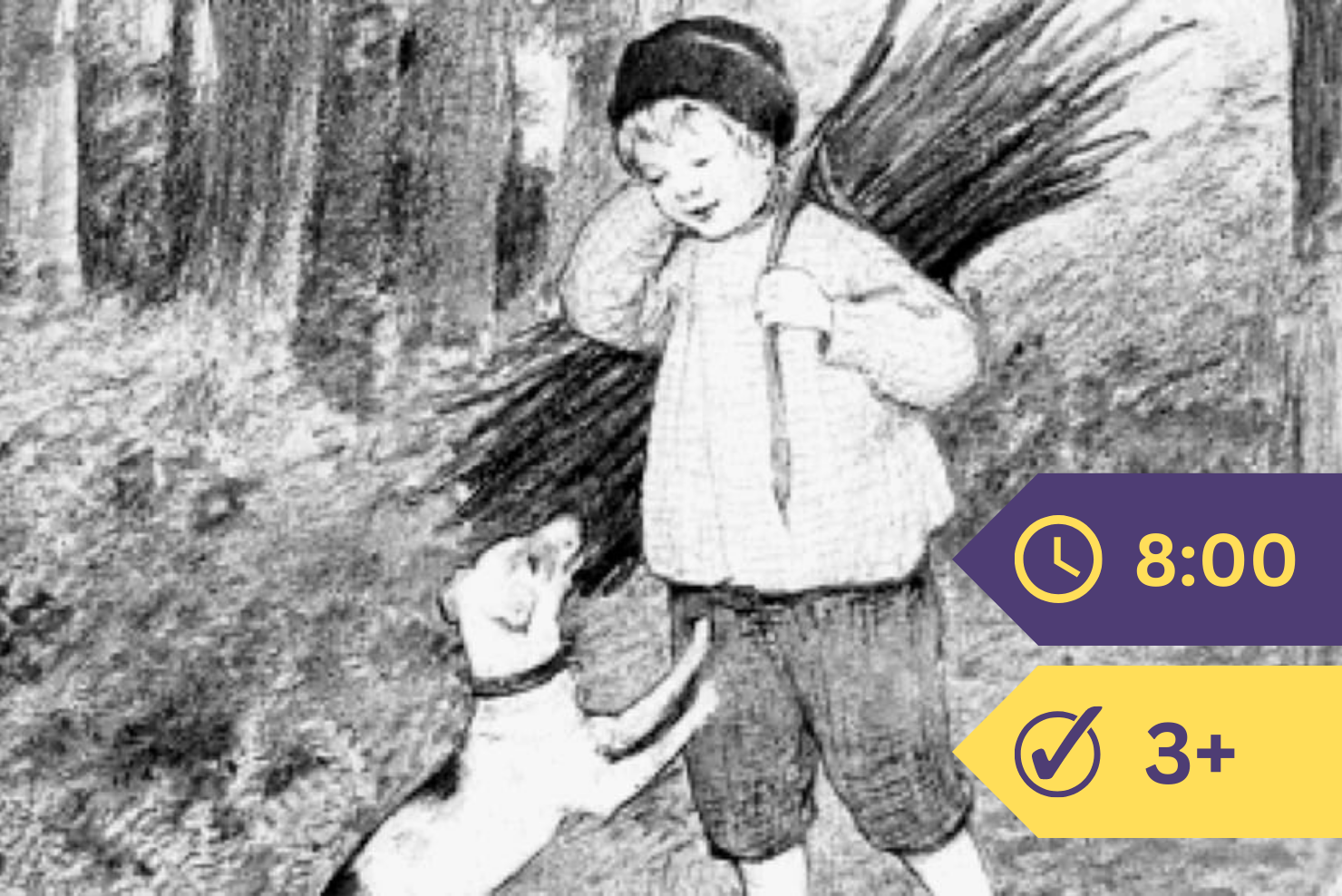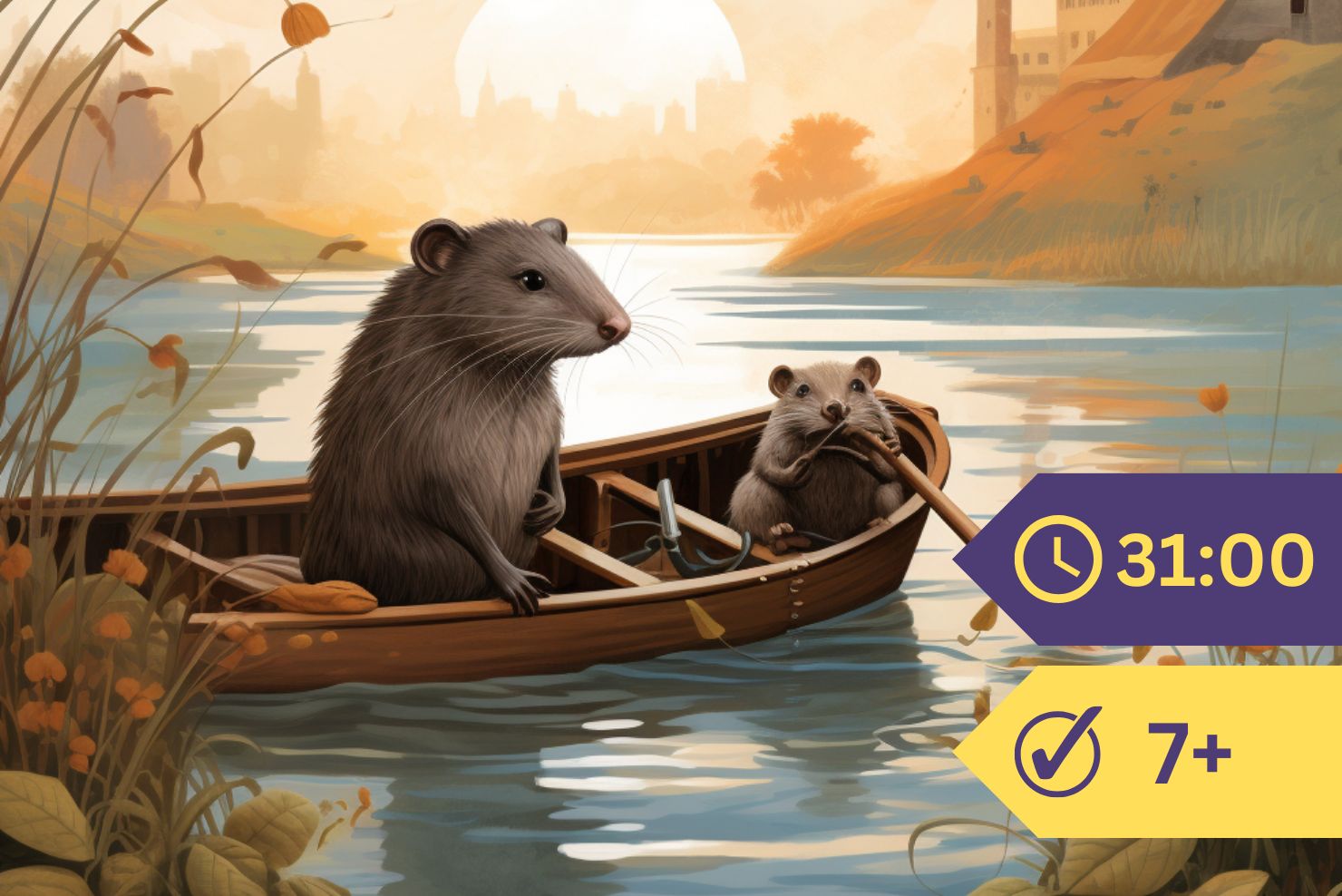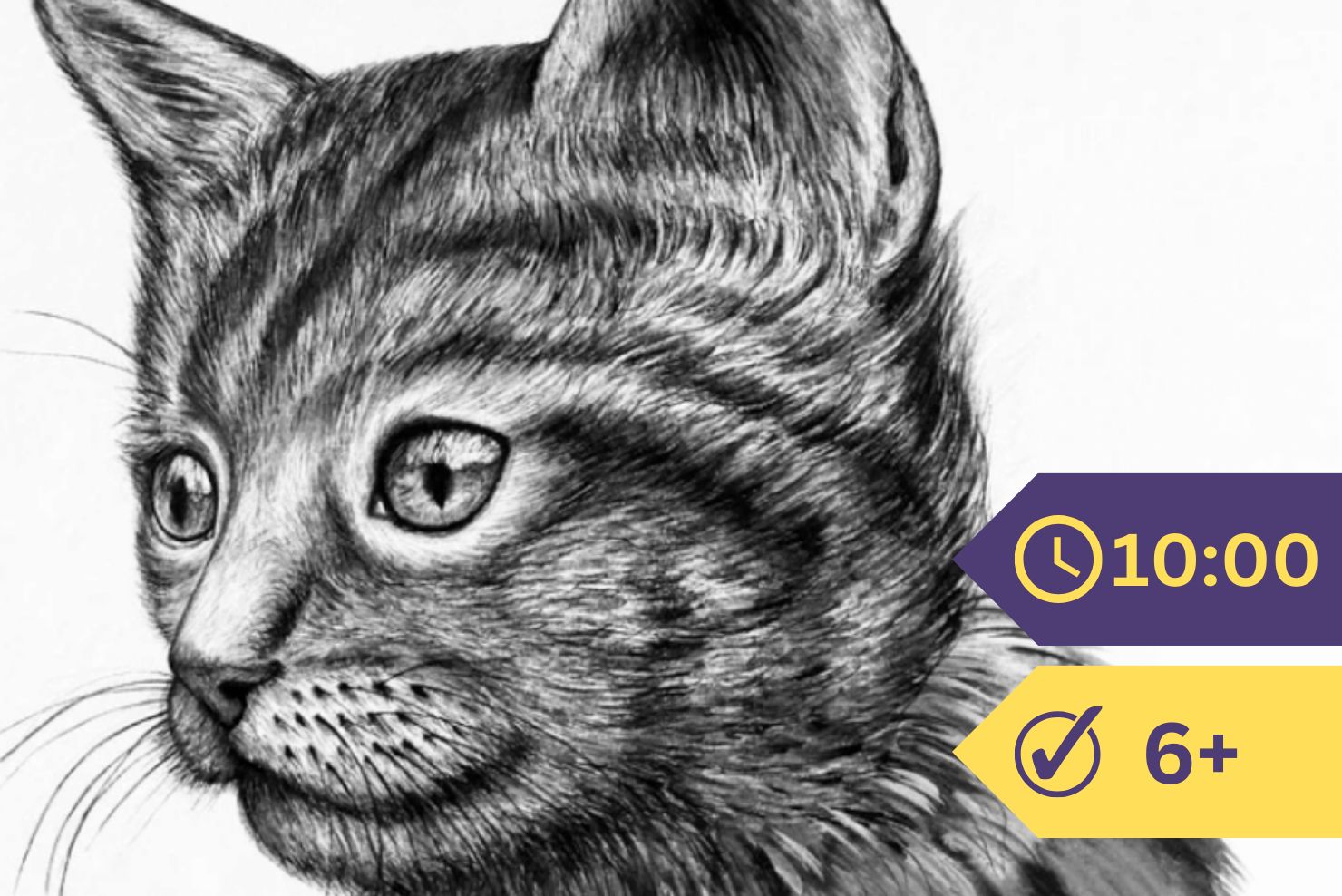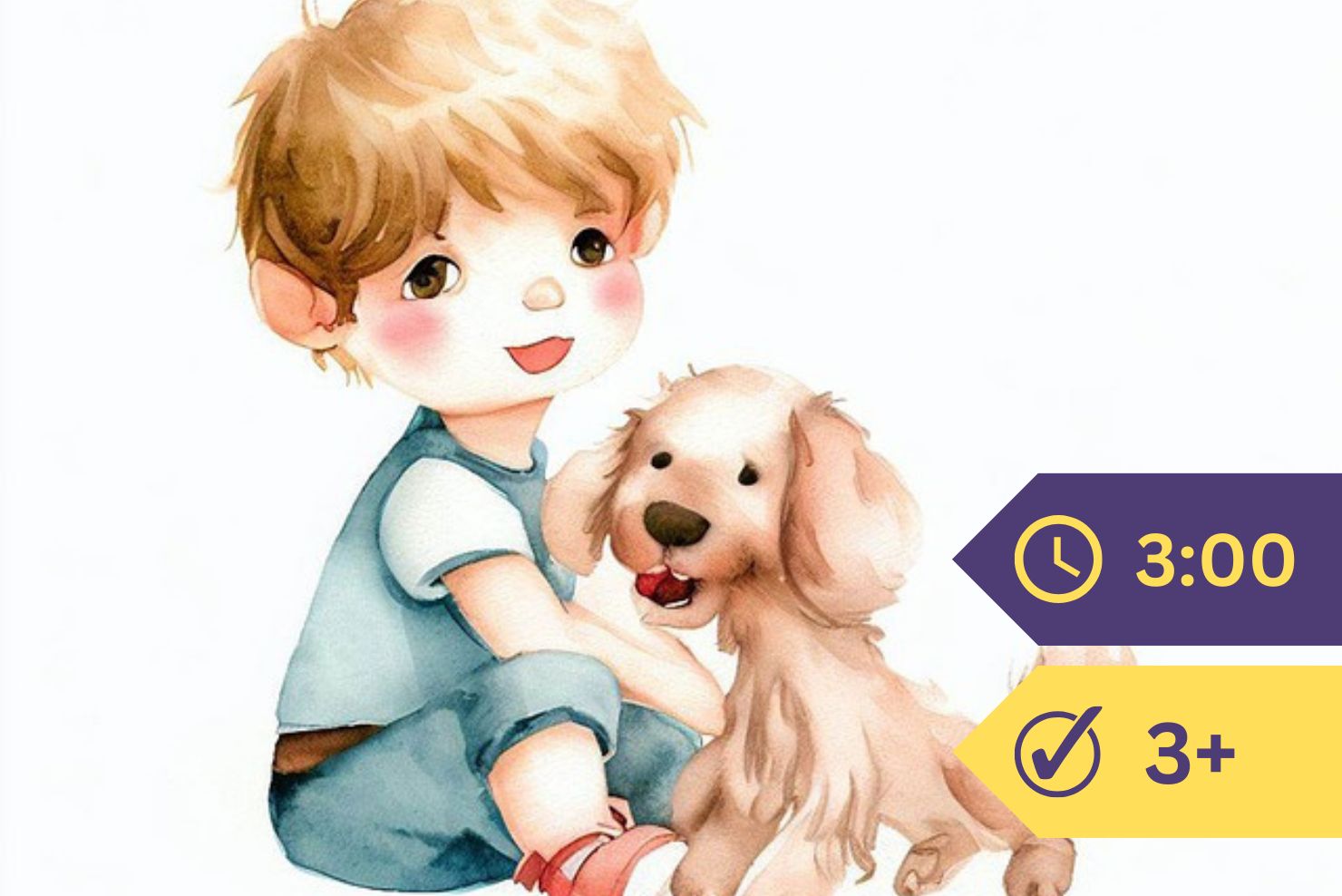“Now,” said Dr. Dolittle, “the next thing is that we must find your uncle. At least we know he has not been thrown into the sea.”
Then Dab-Dab came up to him again and whispered, “Ask the eagles to look for the man. No living thing can see better than an eagle. When they are miles up in the sky, they can count the ants crawling on the ground. Ask the eagles.”
So the doctor sent a swallow to fetch the eagles. After an hour, the little bird returned with several kinds of eagles. They stood in a row on the ship’s rail like soldiers, and their great shiny black eyes saw everything. Gub-Gub was afraid of them and went and sat behind a barrel. He said he felt as though those terrible eyes were looking straight through him to see what he had stolen for lunch. And the doctor said to the eagles, “A man is missing, a fisherman with red hair and an anchor on his arm. Would you be so kind as to see if you can find him? This boy is the nephew of that man.”
Eagles do not talk much, and all they said in their husky voices was, “You can rely on us to do our best, Dr. Dolittle.”
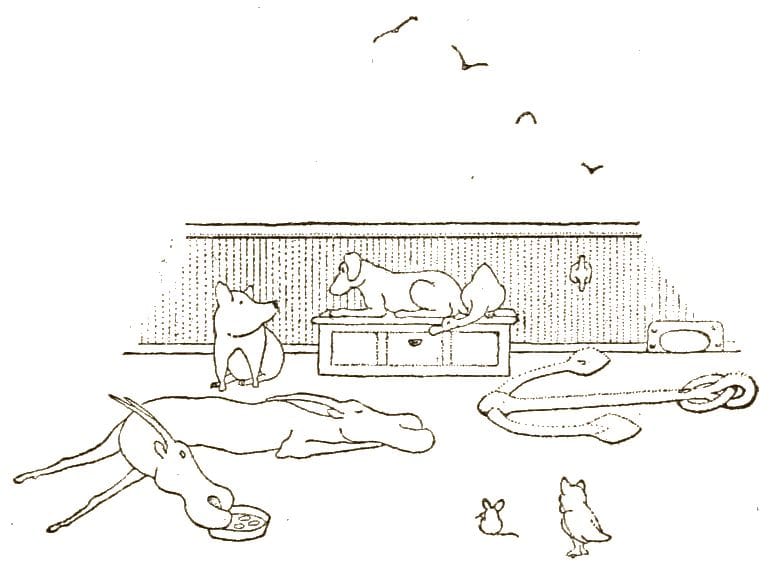
Then they flew away, and Gub-Gub came out from behind his barrel again. They flew higher and higher and still higher. When the doctor could only just see them, they all went different ways. “Good gracious!” said Gub-Gub in a hushed voice. “How high they fly! I wonder they don’t scorch their feathers, being so close to the sun.”
When they returned, it was almost night. And the eagles said to the doctor, “We have searched all the seas, islands, cities, and villages in this half of the world. But it’s no use. We saw three red hairs on a wheelbarrow in Gibraltar, but they were not the hairs of the man we were looking for. There was no trace of him. We really did our best, Dr. Dolittle.” Then the birds flapped their great wings and flew back to their homes in the mountains and the rocks.
“What now?” said Dab-Dab. “We must find the boy’s uncle. He cannot be left alone in the world. Little boys must be taken care of. I wish Chee-Chee were here. He would be able to find the man, I’m sure. I wonder how Chee-Chee is getting on.”
“If only Polynesia were with us,” said the white mouse. “She would think of a way. Do you remember how she got us all out of jail? She was so clever.”
“I’m not impressed with those eagles,” said Jip. “They are just conceited. They may have sharp eyes, but if you ask them to find a man, they can’t even do it. I’m not impressed with the talk of those old porpoises, either. The only thing they could tell us was that the man was not in the sea. We don’t want to know where he isn’t, we want to know where he is.”
“Don’t talk so much nonsense,” said Gub-Gub. “It’s not easy to find someone who could be anywhere in the world. Maybe the fisherman’s hair has turned white with worry about the boy, and that’s why the eagles couldn’t find him. You’re just a stupid dog with a big mouth, and you can’t find the man either.”
“Can’t I do that?” said the dog. “What do you know about it, you stupid pig. I haven’t even tried yet. Just wait and see.”
Then Jip went to the doctor and said, “Please ask the boy if he has anything in his pockets that belonged to his uncle?” So the doctor asked him. And the boy showed them a gold ring that he wore on a string around his neck because it was too big for his finger. He said his uncle gave it to him when they saw the pirates coming. Jip smelled the ring and said, “That’s not good. Ask him if he has anything else that belonged to his uncle.”
Then the boy took a large red handkerchief out of his pocket and said, “This was also from my uncle.” As soon as the boy pulled it out, Jip exclaimed, “Snuff. Can’t you smell it? His uncle took snuff. Ask him, doctor.”
The doctor questioned the boy again, and he said, “Yes, my uncle took a lot of snuff.”
“Great!” said Jip. “The man is as good as found. That’s no problem for me. Tell the boy I’ll find his uncle for him in less than a week. Let’s go up and see which way the wind is blowing.”
“But it’s dark now,” said the doctor. “You can’t find him in the dark!”
“I don’t need light to look for a man who smells of snuff,” said Jip as he climbed the stairs. “If the man smelled of hot water, it would be different.”
“Does hot water have a smell?” asked the doctor.
“Of course,” said Jip. “Hot water smells very different from cold water. Ice and hot water are difficult smells. Let’s see which way the wind is blowing. Wind is very important for long-distance smelling. This wind is coming from the north.” Then Jip went to the front of the ship and sniffed the wind, muttering to himself, “Tar, Spanish onions, kerosene, wet raincoats, crushed bay leaves, rubber tires, washed curtains, or no, lace curtains drying and foxes with lots of cubs.”
“Can you really smell all those different things in this one wind?” asked the doctor.
“But of course!” said Jip. “And those are just a few of the easy smells. Any mongrel could smell them even if he were cold. Wait, there are a few more smells coming.”
Then the dog closed his eyes tightly, stuck his nose straight up in the air, and sniffed hard with his mouth half-open. For a long time, he said nothing. He remained as still as a stone. He hardly seemed to be breathing. When he finally began to speak, it sounded almost as if he were speaking in a dream: “Old bricks crumbling in a garden wall, the sweet breath of young cows standing in a mountain stream, the roof of a granary with the afternoon sun on it, black velvet gloves in a drawer of walnut wood, a dusty road with a horse-trough and mushrooms under rotting leaves.”
“Do you smell parsnips too?” asked Gub-Gub.
“No,” said Jip. “You always think only of food. I don’t smell parsnips or snuff. We have to wait for the wind to change.”
“Yes, yes, a bad wind,” said Gub-Gub. “I don’t think you know anything, Jip. Who ever heard of finding a man in the ocean just by smelling?”
Now Jip was really angry: “If you keep being so rude, I’ll bite you on the nose.”
“Stop quarreling!” said the doctor. “Life is too short for quarreling. Tell me, Jip, where do you think those smells are coming from?”
“From Devon and Wales, the wind is coming from that direction,” said Jip.
“Well, well!” said the doctor. “This is really remarkable, I must note this in my new book. I wonder if I could learn this too. But no, perhaps I am better off as I am. They say, ‘Enough is as good as a feast.’ Let’s go down now to eat, I’m hungry.”
“I am too,” said Gub-Gub.

